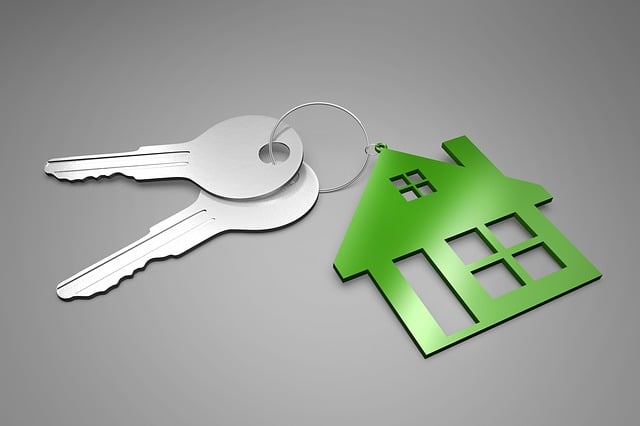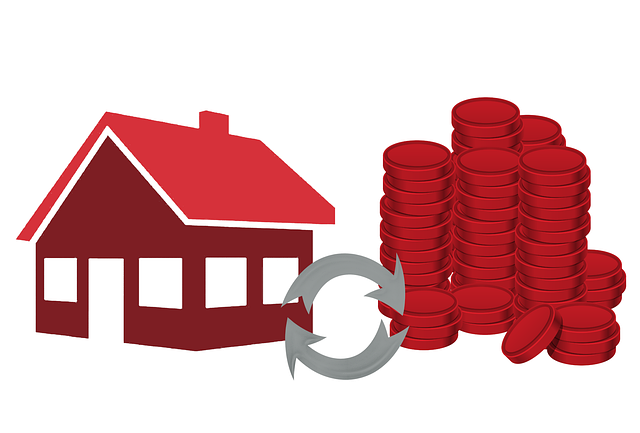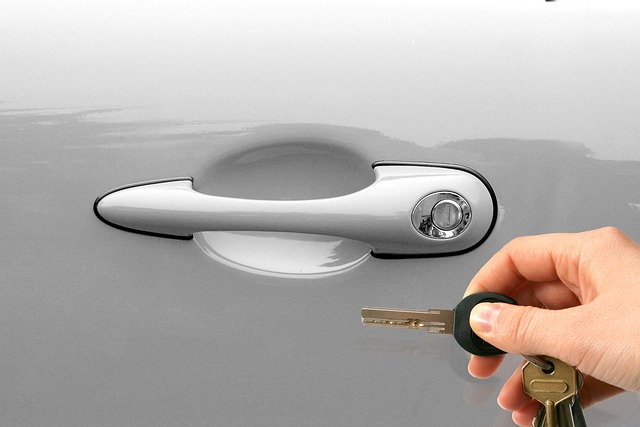Effective communication and digital tools streamline rent collection and maintenance requests in real estate, enhancing tenant satisfaction. Regular property inspections ensure structural integrity, safety, and aesthetic appeal while fostering positive relationships. Efficient maintenance management through prompt responses, clear communication, and task assignment improves living environments, enhances tenant satisfaction, and reduces maintenance requests, ultimately boosting retention rates.
In the dynamic realm of real estate, effective oversight of tenants and property maintenance is paramount for ensuring investor satisfaction. This comprehensive guide explores essential strategies for successful tenant management, focusing on clear communication, regular inspections, and swift handling of maintenance requests. By implementing these practices, real estate professionals can foster positive tenant relationships while preserving property value, ultimately driving rental success.
Effective Communication Strategies for Tenants

In the real estate sector, effective communication with tenants is paramount for successful property management. A well-established system allows landlords to oversee tenants’ needs and maintain property conditions efficiently. One key strategy involves regular, clear, and open dialogue. Landlords should schedule routine check-ins, providing a platform for tenants to voice concerns or share feedback about the property. This two-way communication fosters a sense of partnership, encouraging tenants to take ownership of their living space while ensuring any issues are promptly addressed.
Additionally, leveraging digital tools for rent collection and maintenance requests can streamline processes. Online platforms and mobile apps offer convenient ways for tenants to pay rents on time and report maintenance problems. Landlords can then quickly respond, ensuring prompt issue resolution and maintaining the property’s overall condition. Such strategies not only enhance tenant satisfaction but also contribute to a more seamless management experience.
Regular Property Inspections: What to Look For

Regular property inspections are a cornerstone for effective tenant oversight and real estate management. During these visits, landlords or property managers should conduct thorough assessments of each unit, focusing on both structural integrity and aesthetic appeal. Check for signs of damage, such as broken windows, leaking pipes, or mold growth, addressing them promptly to prevent further deterioration.
Additionally, inspect common areas like lobbies, parking lots, and gardens to ensure they remain safe, clean, and well-maintained. Look out for potential health hazards, faulty electrical systems, or fire safety risks. Regular inspections not only maintain the property’s value but also foster a sense of security among tenants, contributing to a positive real estate experience for all involved parties.
Handling Maintenance Requests Efficiently

In the realm of real estate, efficient maintenance management is key to fostering strong tenant relationships and preserving property value. When a tenant submits a maintenance request, prompt action is essential. Property managers should aim to respond to inquiries within 24 hours, assuring tenants of their concern and urgency.
Efficient handling involves clear communication, assigning tasks to qualified personnel, and tracking progress until resolution. Regular inspections can also help anticipate potential issues, reducing the volume of maintenance requests. By prioritizing tenant needs and ensuring timely responses, property managers contribute to a positive living environment, enhancing satisfaction and retention rates in the competitive real estate market.






